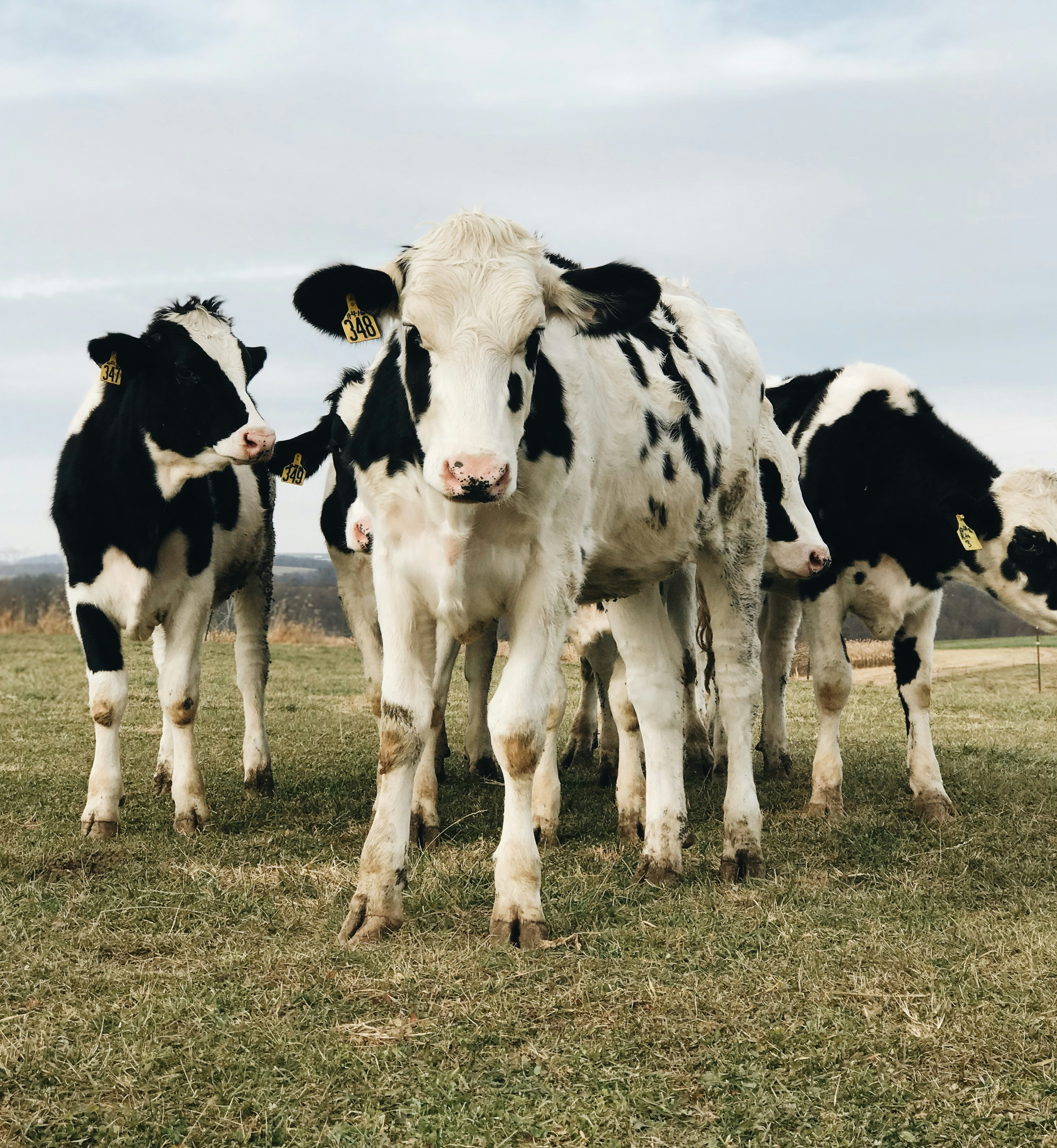 Addressing dairy's Scope 3 emissions
Addressing dairy's Scope 3 emissions
The dairy industry faces significant Scope 3 emissions challenges, especially from feed production and enteric methane, which account for 25% of its greenhouse gas emissions in the US. Inconsistencies in accounting hinder progress toward Net Zero value chains.
The Dairy Working Group tackles these challenges by fostering collaboration and standardizing methods. We aim to harmonize practices, improve reporting accuracy, and accelerate the transition to Net Zero value chains. Our approach includes developing tailored solutions and creating specific guidance to support dairy companies in their sustainability efforts.


 Key topics
Key topics
The Working Group will focus on:
- Supply Sheds: Optimize resource management and reduce emissions.
- Allocation and Accounting: Standardize methods for more accurate reporting.
- MRV Recommendations: Improve measurement, reporting, and verification practices.
- Assurance and Verification: Ensure the reliability of data and claims.
 Structured and consensus-driven approach
Structured and consensus-driven approach
The Working Group will conduct four sessions from October 2024 to May 2025, emphasizing shared learning and innovative thinking. Sessions will aim to build consensus on key challenges through:
- Interactive Exercises: Engage in practical, collaborative tasks.
- Best Practices and Case Studies: Learn from real-world examples.
- Discussion and Consensus Building: Achieve agreement on solutions and pathways.
As an outcome of the sessions, a dairy-specific publication will be created as an addendum to the Value Change Interventions Guidance, summarizing all learnings and recommendations.


 Join us
Join us
Participate in the Dairy Working Group to engage in broader Scope 3 discussions and sector developments. Stay ahead in sustainability practices and contribute to the transition to Net Zero value chains.
Join now

